Reproductive rights advocates are planning demonstrations across the US to mark the first anniversary of the supreme court decision in Dobbs v Jackson Women’s Health Organization, a move that overturned the landmark ruling established by Roe v Wade that protected the right to abortion.
Actions and events are planned on Saturday in cities across the US including Washington, New York and Atlanta. Some events are being held virtually, particularly in states where abortion has been banned since June 2022.
Since the Dobbs v Jackson Women’s Health Organization decision a year ago, more than a dozen states have passed bans banning abortion outright and many others have passed legislation to restrict abortion access. States like Georgia have banned abortion after six weeks of pregnancy, a period of time so short that most people don’t yet know they are pregnant. Even more states gearing up to further legislate pregnant bodies.
Without the federal right to abortion, there has been a radical shift in everything from how doctors are being trained in reproductive care to the lengths that patients in need of care have to go, simply due to where they live, to how much money municipalities and governments need for reproductive health services.
According to National Institute for Reproductive Health data obtained by NPR, “at least 15 municipal and six state governments allocated nearly $208m to pay for contraception, abortion and support services for people seeking abortions” in the year since Dobbs. That’s $55m more spent on comparable services than was spent in the previous three years, before Dobbs.
Without Roe, the reliance on, relationship with, and access to things like medication abortion and birth control has become more complex.
As reported earlier this week, these bans also exacerbate existing inequities in our healthcare system – particularly for people of color, who statistically are more likely to live in restrictive states and more likely to need abortions.
“An already bad situation has gotten worse,” Kelly Baden, a public policy expert at the Guttmacher Institute, said. “Accessing abortion in a state like Louisiana was already hard before the Dobbs decision. But now, abortion is banned in Louisiana and every state that touches its borders. That means having to cross one, two, three, four borders before accessing abortion safely for people from that state.”
Dr Monica V Dragoman, a physician at Mount Sinai in New York, echoed this sentiment to the Guardian this week.
“One year following the Dobbs decision, individuals and communities across the country are experiencing great harm where abortion is severely restricted or banned outright. Black people and people of color, LGBTQ+ individuals, poor people, and those in rural areas are among those who experience disproportionately severe consequences,” she said.
“We need everyone who cares about equitable and comprehensive sexual and reproductive health to continue advocating for meaningful access to abortion – it is more important than ever. Learning from the failures of the past, we need policies and practice grounded in a reproductive justice framework not a Roe status quo.”
Abortion will also play a significant role in the upcoming US presidential election. While the political climate was chaotic before Dobbs, it’s only gotten more so as many Republican presidential hopefuls are moving forward with their prospects to gut the limited reproductive rights people still have. Given that, according to an NBC News poll earlier this year, six in 10 voters remain opposed to Roe being overturned, there’s still hope for the future of reproductive rights and time for things to change.
after newsletter promotion
And there are plenty of advocates for that change who will not stop fighting.
Mini Timmaraju, the president of Naral Pro-Choice America, says this year has “shown us that the American people refuse to give up on their fundamental rights. They’ve shown up time and again, mobilizing and voting to protect reproductive freedom.”
Women’s March has put together an interactive map that allows supporters of reproductive rights to find demonstrations to get involved in all around the US.
Alexis McGill Johnson, president and CEO of Planned Parenthood Action Fund argued that while the anti-abortion movement thought the Dobbs decision “would break us, it has also made the supporters of abortion rights – the majority in this country – more committed than ever before to building a better future”.
“The rights we have in 20 years will be determined by how we fight the next two years. This is a fight we must have. And it is a fight we will win,” she said.
Dr Jamila Perritt, OB/GYN and abortion provider in Washington and president & CEO of Physicians for Reproductive Health, says that while the last “12 months have been full of chaos, confusion, fear and anger for people who need and provide abortion care”, her organization will “continue fighting to show up for people who need and provide abortions, speak out against the continued attacks on our self-determination” and “organize to ensure that healthcare providers do not continue the cycles of surveillance and punishment that are entrenched in medical systems”.
“We know it is only the beginning,” Perritt said. “Our community of physician advocates, allies and supporters will keep hard at work to push back on the onslaught of harmful law and policy and ensure our communities have access to the essential, life-affirming care they need.”

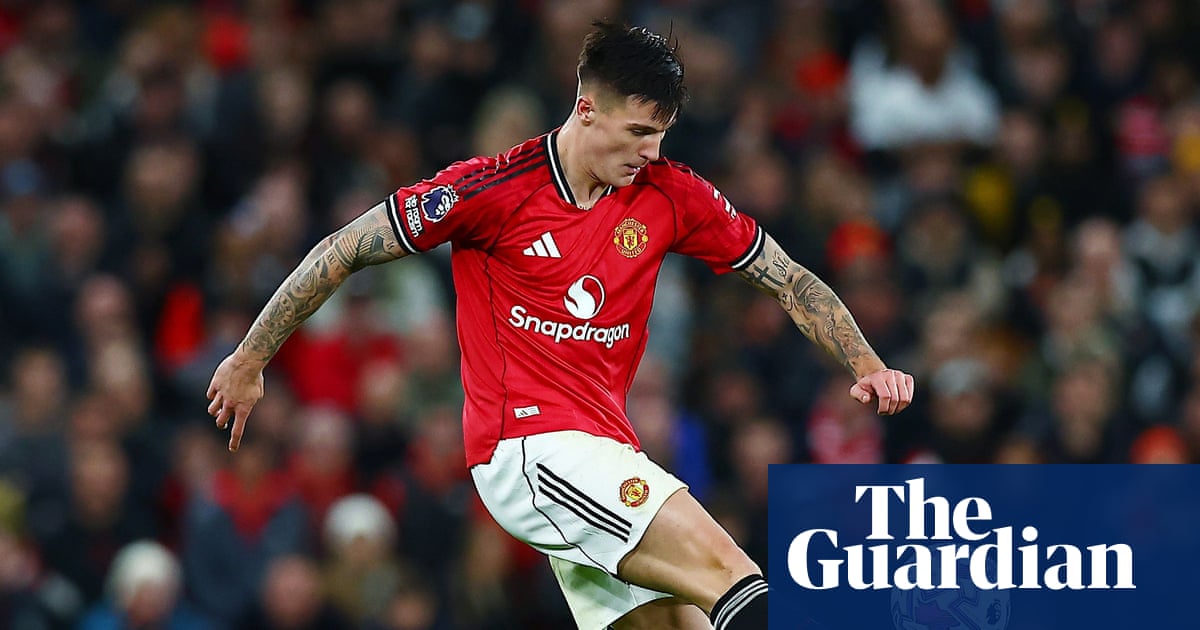
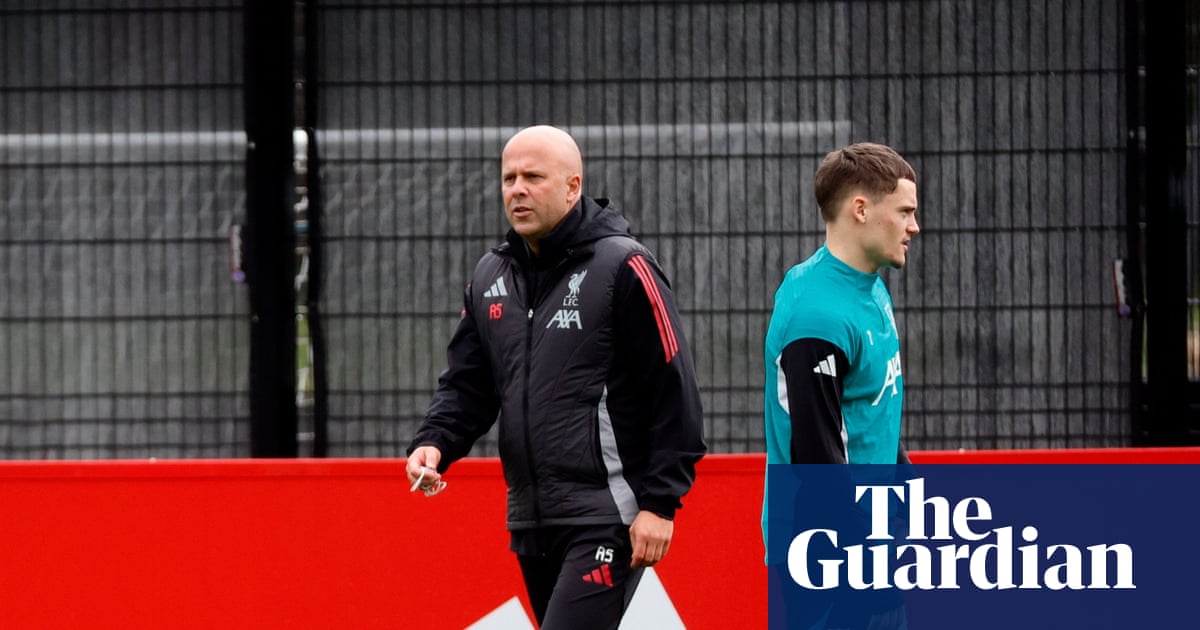
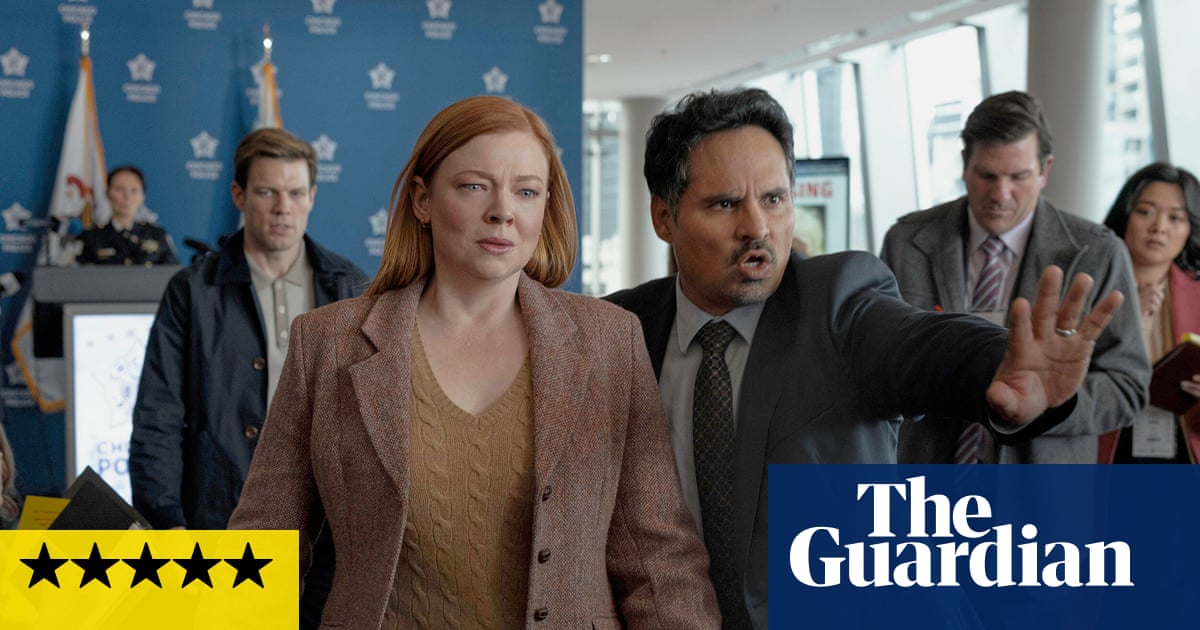

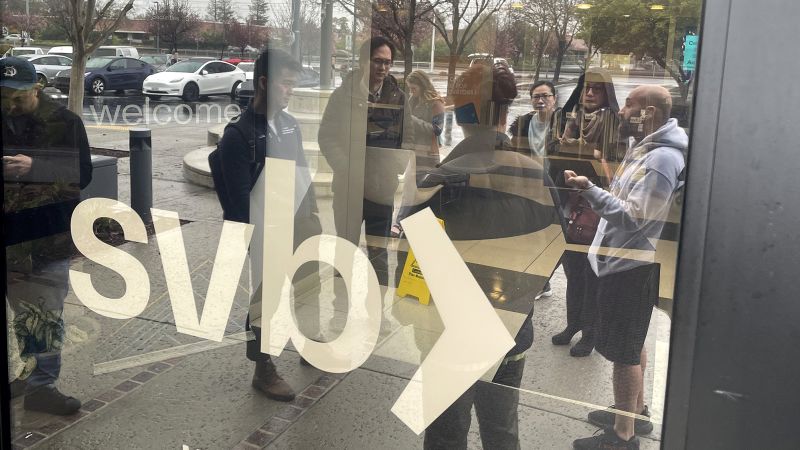

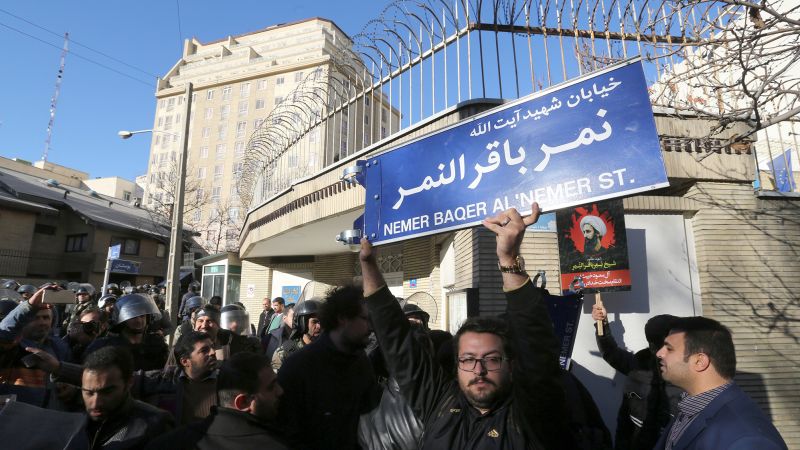
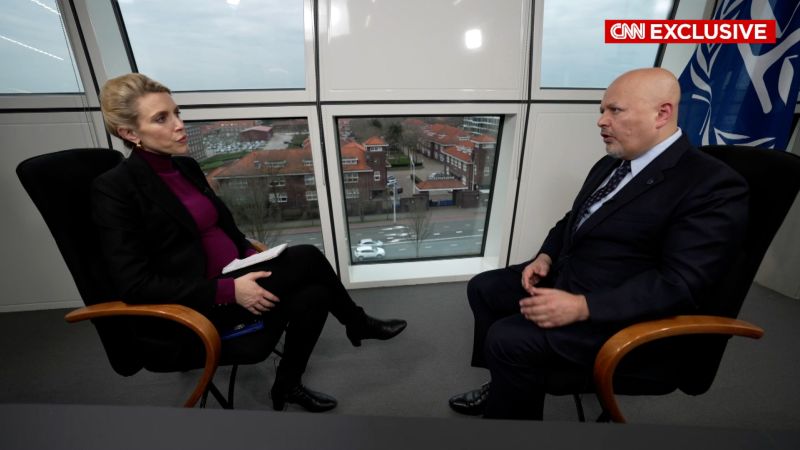
 English (US)
English (US)